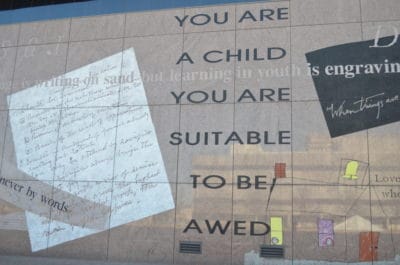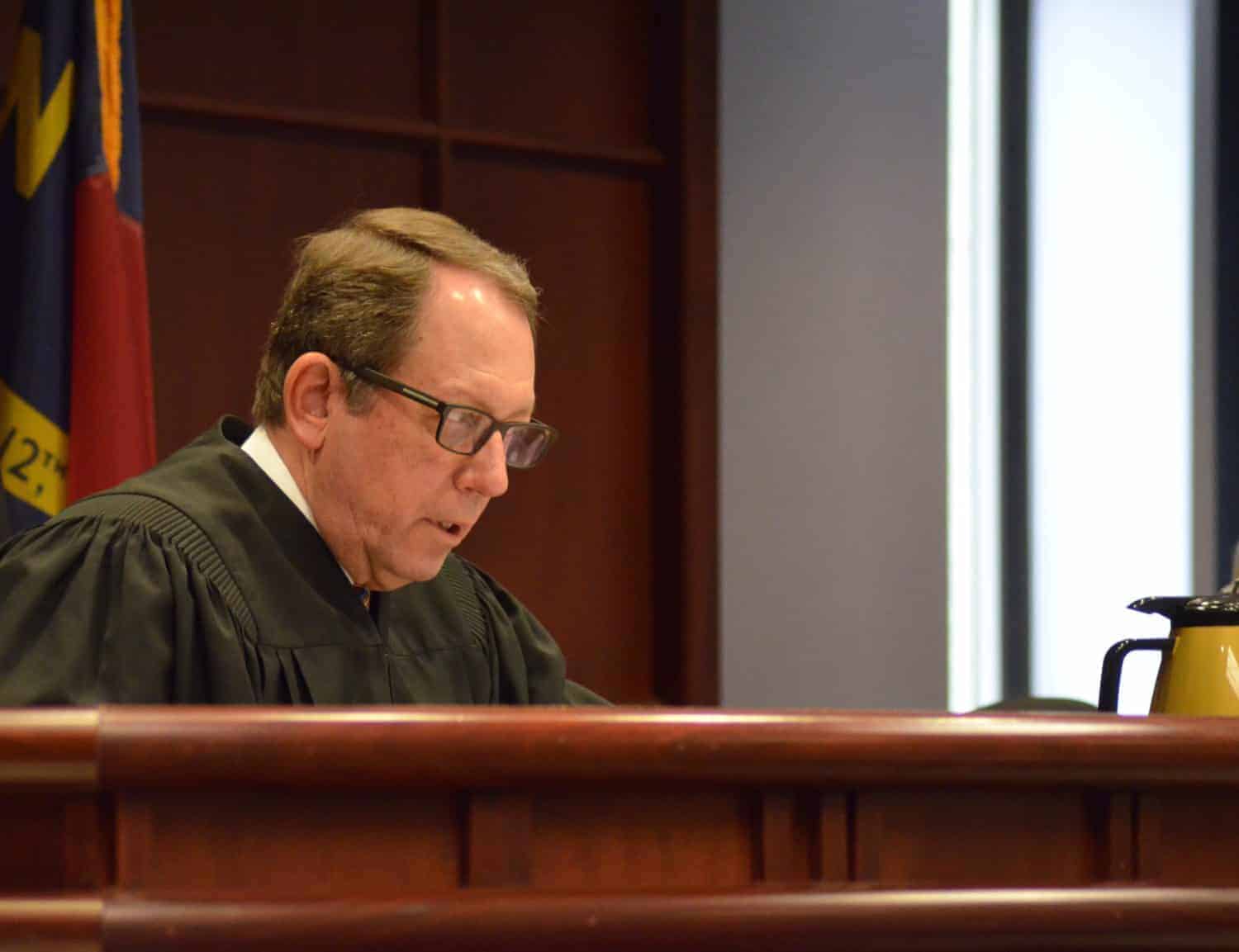A judge in the long-standing Leandro education case has denied the State Board of Education’s request to be removed as a defendant on the case.
Judge David Lee rejected the State Board’s claim that the education landscape in North Carolina has changed so greatly that the original complaints of the Leandro case no longer apply to the Board.
“The SBE has failed to present convincing evidence that either the impact or effect of these changes and reforms have moved the State nearer to providing children the fundamental right guaranteed by our State Constitution,” Lee writes in his court order.
Later in the document, Lee goes on to say that the State Board needs to prove it has rectified the violations of the Leandro directive that all students have a right to the “opportunity to receive a sound basic education,” before it can be removed.
“These state defendants have the burden of proving that remedial efforts have afforded substantial compliance with the constitutional directives of our Supreme Court. To date, neither defendant has met this burden,” he wrote.
In response to Lee’s decision, Bill Cobey, chair of the State Board of Education, said the Board would need to discuss it.
“I don’t agree with his decision, and I’m going to defer any further comment until we as a Board have a chance to discuss in closed session,” he said.
Melanie Dubis, an attorney with Parker Poe representing the Leandro plaintiffs, said in an email that the court’s denial of the State Board’s motion is big for a number of reasons.
“First, it confirms that, notwithstanding changes and State Board initiatives over the years, there remains an ongoing constitutional violation because all children are not being provided the opportunity to achieve a sound basic education,” she said. “Second, it confirms that the burden is on the defendants to come forward with evidence of substantial compliance with the Supreme Court’s directives, and that they have failed to do so.”
She also said the court order shows that the court is willing to do what it takes “to address the ongoing constitutional violations.”
The Leandro case started in 1994 when families from five low-wealth counties sued the state, claiming it was not providing their kids with the same educational opportunities as students in better-off districts. In 1997, the Supreme Court ruled unanimously in the case that the state’s children have a fundamental right to the “opportunity to receive a sound basic education.” A later Supreme Court opinion agreed with a lower court that North Carolina had not lived up to that constitutional requirement for every student.
For much of its history, the Leandro case was overseen by Judge Howard Manning. In October of 2016, he requested to be removed from the case and Chief Justice Mark Martin reassigned it to Emergency Superior Court Judge David Lee.
Both sides in the case agreed over the summer to have an independent consultant appointed to make recommendations on how to ensure quality education for every North Carolina child. Dubis said in her email this week that Judge Lee communicated to her that he has signed an order that would appoint WestEd as that independent consultant but the order has not yet reached Wake County’s courthouse.
WestEd describes itself this way: “A nonpartisan, nonprofit research, development, and service agency working with education and other communities throughout the United States and abroad, WestEd aims to improve education and other important outcomes for children, youth and adults.”
Governor Roy Cooper has also created a Commission on Access to Sound Basic Education, comprised of 17 members appointed by him, to work “in conjunction” with the consultant and come up with strategies to meet the Leandro requirements set out by the court in 2002.
Last summer, Cobey said he did not see what an independent consultant would accomplish.
“I respect everybody involved in this, but I don’t know what an independent consultant is going to come up with that we haven’t come up with through the years,” he said.
Dubis, however, said in her email that the court is moving in the right direction.
“Plaintiffs are encouraged that the process the Court has set in place to receive recommendations from an outside independent consultant will finally result in meaningful relief for the State’s at-risk children.”
Editor’s Note: Judge David Lee is the father of EducationNC Content Director and Managing Editor Laura Lee. Mebane Rash edited this article.
Recommended reading




